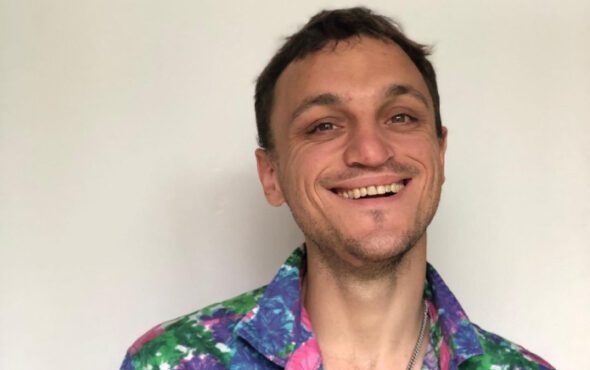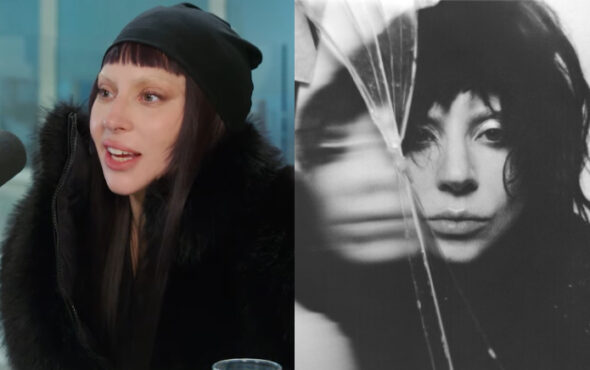
Germany must confront an often-overlooked homophobic chapter of its post-war history, says the star of an Oscar-shortlisted film that tells the story of gay men who were sent back to prison after being liberated from Nazi concentration camps.
Gay sex was illegal until the late 1960s under Paragraph 175 of the German penal code, and many gay and bisexual men taken from Nazi camps at the end of World War Two were forced to serve out the rest of their sentences for same-sex relations in jail.
“There’s still a lot of work that needs to be done (in terms of awareness). It’s a process and we’re on our way, but there is a long way to go,” acclaimed German actor Franz Rogowksi, 36, told the Thomson Reuters Foundation in a video call from Berlin.
Rogowksi stars in “Great Freedom”, due to go on release in British cinemas on Friday, which traces the slow-burning love affair over three decades between his character, Hans, and Victor, played by Austrian actor Georg Friedrich.
Director Sebastian Meise said he had first come across reports of gay men being rejailed in the immediate aftermath of World War Two in “a book about the queer history of Hamburg”.
“I read these reports of gay men who were liberated from concentration camps … This really shocked me,” Meise said.
Both Meise and Rogowski said the film was primarily a love story.
“It’s not necessarily a gay story; it’s a love story,” said Rogowski. “And I think there is a kind of universality there for a wider audience to have to tap into it.”
Germany is known as being progressive on LGBTQ+ equality, partly because of Berlin’s century-old reputation as a haven for sexual experimentation.
But the country came late to marriage equality, only allowing same-sex marriages in 2017, and rights advocates say more progress is needed amid a rise in reports of hate crime against LGBTQ+ people.
BODY AND SOUL
Several high-profile straight actors have been criticised recently for playing LGBTQ+ characters including Oscar-winner Halle Berry, who pulled out of a transgender film role following criticism from activists.
Rogowski responded to a question about the controversy by saying criticism of actors made unfair presumptions about their sexuality, including his own.
“How do you know that I’m not gay?” he said.
“When it comes to acting and actors, I’d say that the art of acting is (about giving) your body and your soul to a character that is fictional,” he added.
Rogowski was born in Freiburg in what was then West Germany. The son of a doctor and a midwife, the family was comfortable but he said he did not come from “a rich background”.
He started out in theatre and also worked as a choreographer, before moving to film.
His breakout role was in “Transit” by German director Christian Petzold, which former U.S. President Barack Obama said was one of his favourite films of 2019.
The film earned a series of awards nominations, helping to cement Rogowski’s reputation as the go-to actor for European arthouse directors such as Michael Haneke and Terrence Malick.
But Rogowski laughed at the suggestion he was only interested in portraying the brooding characters ubiquitous in European independent films.
“Now, having done so many serious characters, I might do a comedy or something a bit lighter,” he said.
Reporting by Hugo Greenhalgh in London; Editing by Helen Popper.
GAY TIMES and Openly/Thomson Reuters Foundation are working together to deliver leading LGBTQ+ news to a global audience.



